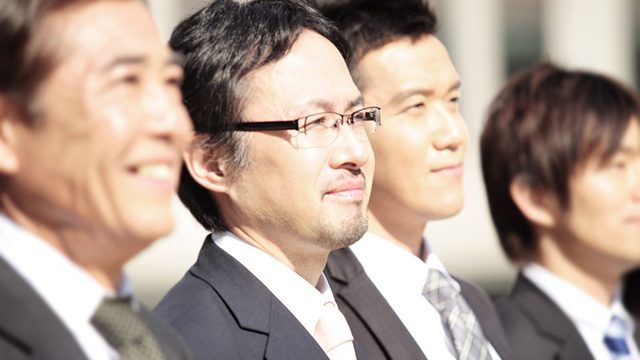SUMMARY
This is AI generated summarization, which may have errors. For context, always refer to the full article.

What do family-run companies do when there are no male heirs to take over? An ancient practice of adopting a male adult to salvage biologically ill-fated families for their business is the key to this predicament.
Family-run companies in Japan often rely on adult adoptees to ensure continuity of their patrilineal line. This cultural practice secures a non-consanguineous man to bring a family’s name, business, and ancestry forward.
The practice rose in the 13th century when the ruling class was faced with a low birth rate. During the Tokugawa era, the Samurai class took in male adults to retain their strong and influential status in society. Over time, the tradition has evolved into a business strategy to remain competitive in the commercial world.
Japan has one of the world’s highest adoption rates, where more than 81,000 legal adoptions were brokered in 2011. Surprisingly, over 90% of all adopted cases are patriarchs adopting highly capable and intelligent men in their 20s and 30s for mercantile purposes. The declining birth rate in Japan has created many one-child families. Families with only daughters can usually run their back office and are unable to assume a leadership role.
Approximately 1/3 of Japanese companies – even big international names such as Suzuki, Toyota, and Canon – are business dynasties that have adopted non-biological men. CEO Osamu Suzuki is the fourth adopted son to run Suzuki while the fourth president, Michio Matsui, was adopted by family-run Matsui Securities.
In the developed world, family-run businesses tend to under-perform relative to professionally-run counterparts. In contrast, many family firms in Japan have higher profitability and market valuation than professionally-run organizations. These companies have refined the corporate landscape by leveraging on the longevity and stability of their family name. Such a marketing tool has somewhat attracted long-term investors and enabled sustainable growth.
Adult adoption takes various forms in the Japanese society. One form is called Yoshi-engumi (adoption of an heir) where usually a daughter’s husband is accepted by her family. The son-in-law becomes a mukoyoshi, commonly known as an adopted husband.
Another common form of adoption is individual adult adoption, involving both single adult men and women. The adoptee is allowed to marry outside of his non-consanguineous family. If a potential adoptee is already married, a married couple can be adopted together.
Finding a match has become an industry in itself. Many men in their 20s and 30s are eager to use their business acumen in the corporate world. Getting adopted by a family helps them to inherit their family business and place their mark in the business world.
Most families conduct a thorough background check on prospective adoptees to find the most suitable and worthy candidate. There are numerous marriage brokers and consultancy firms that arrange meetings between a family and prospective adoptees. If the meetings go well, the man agrees to drop his surname and take his wife’s surname. He will then assume his role as head of the family and become in charge of their business.
The male adult adoption system is deemed as a dynamic tool for social and economic mobility. Many family-run companies have survived without an unwieldy reliance on a male blood line. This unusual practice is expected to continue for generations. – Rappler.com
Japanese businessmen image from Shutterstock
Add a comment
How does this make you feel?
There are no comments yet. Add your comment to start the conversation.